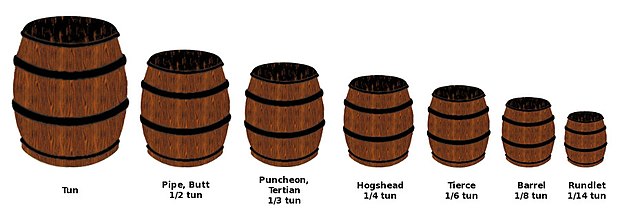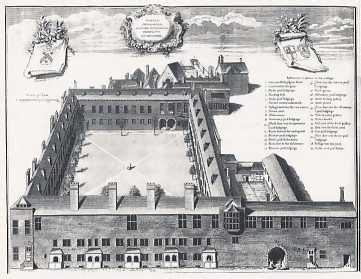.
I really appreciate Swift's wit and imagination which make this novel so thought-provoking and fascinating. I also like how he makes use of satire to explore the political and socioeconomic issues affecting the English people in his time. After reading this novel, I have a strong desire to study about the political history of England, which I am not totally familiar of, and I believe that would help me understand this novel better. Overall this is a complex story which deals with various themes such as morality and ethics, society and class, and gender issues. It is a combination of political satire and adventure; on the surface, it seems easy to understand, but actually it is not.










 This is an image of Wapping, though it probably did not look like this at the time of publication.
This is an image of Wapping, though it probably did not look like this at the time of publication.




